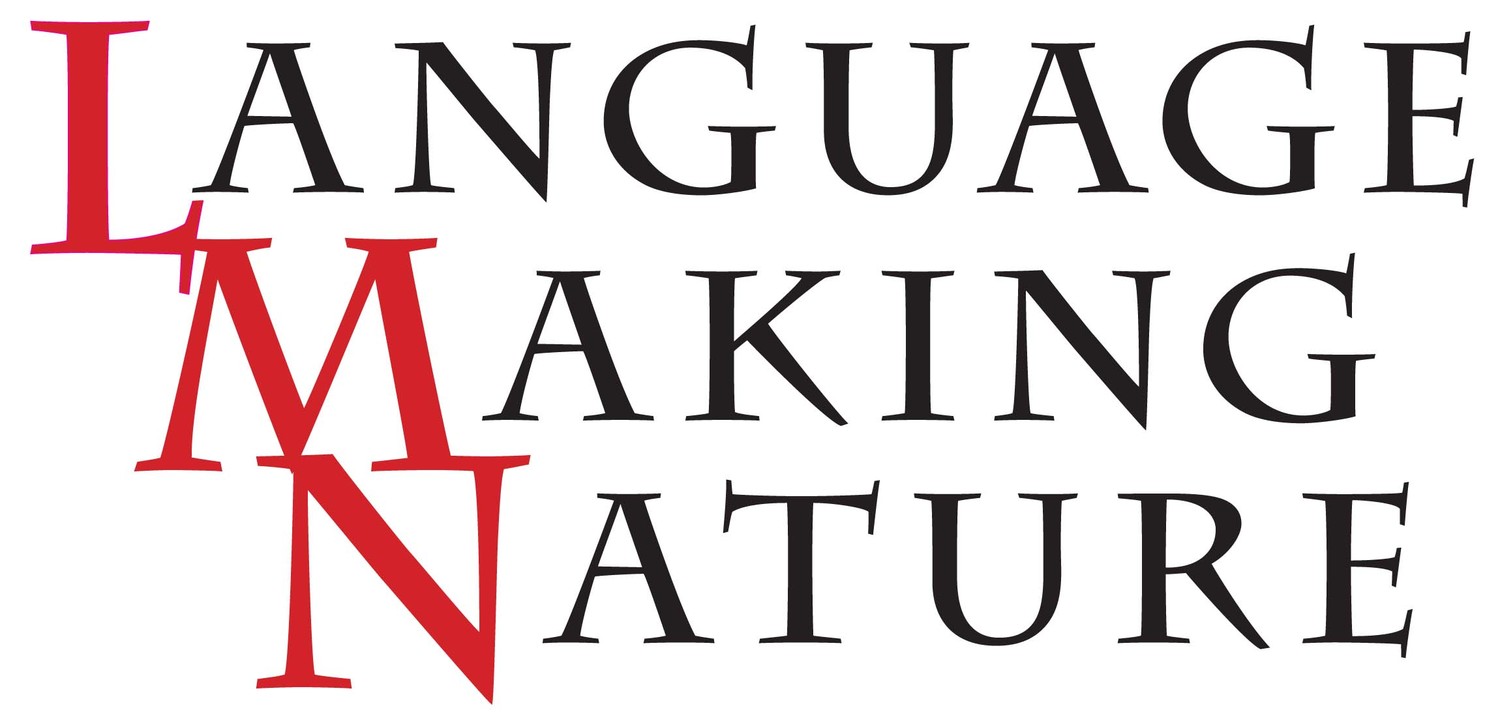Language Making Tools: Some Notes on Affixation
/Affixation is one of the most powerful tools for creating new words that we have available to us in the English language. In its simplest forms, affixation is a language-making process that even elementary school students can understand and in English there are only a few hundred commonly used prefixes and suffixes that are familiar and easily memorized. But the deep treasures of affixation lie hidden behind these common forms and that's where I get most excited.
There are, for instance, large numbers of old forgotten prefixes and suffixes that could be recovered and used again; and there are large numbers of prefixes and suffixes in the parent languages that shaped English that have never been brought into English and could be. And then there are hidden prefixes and suffixes that have become invisibly woven into our words and point to ways that we could create other new prefixes and suffixes.
Here are two examples that I've been researching today:
In English we have an odd set of words beginning with the prefix "with" (withdraw, withhold, withstand), and in this same model English once had another very large set of words (over 200!) that began with "to". But these words, and this way of making words, have been lost. Gone are words like TOCOMING 'an arrival' and TODASH 'to smash to pieces.' It may or may not make sense to bring back this word-making process, but it would be a shame if we didn't at least try playing with these forms and see if anything interesting takes shape. This is a TOCHALLENGE.
And, I just ran across an old note in my papers about the evolution of the past tense suffix "-ed" that I find deeply intriguing and I've been researching it all day trying to determine if this evolutionary lineage is valid or not. What I have written down is that "-ed" derives from the formerly independent Old English word DON 'do'--or more properly, that "-ed" comes from "-de" which itself derives from "dyde" (the past tense of DON). Thus, as a past tense suffix "-ed" is the equivalent of "did" and therefore HE LOVED is a modern abbreviated form of HE LOVE-DID (i.e. HE DID LOVE). This process that gives us a hidden suffix (-ed or -d) in words like SAID, HEARD, and PLAYED is magic in my mind, and makes me wonder how other new suffixes could be built on this same model.
These two examples take affixation beyond what we learned in elementary school and start pointing to some other ways that we might play with prefixes and suffixes. As I said many times in my book, we're not necessarily trying to create perfect forms of new words, we're just having fun playing with language and seeing what happens.

